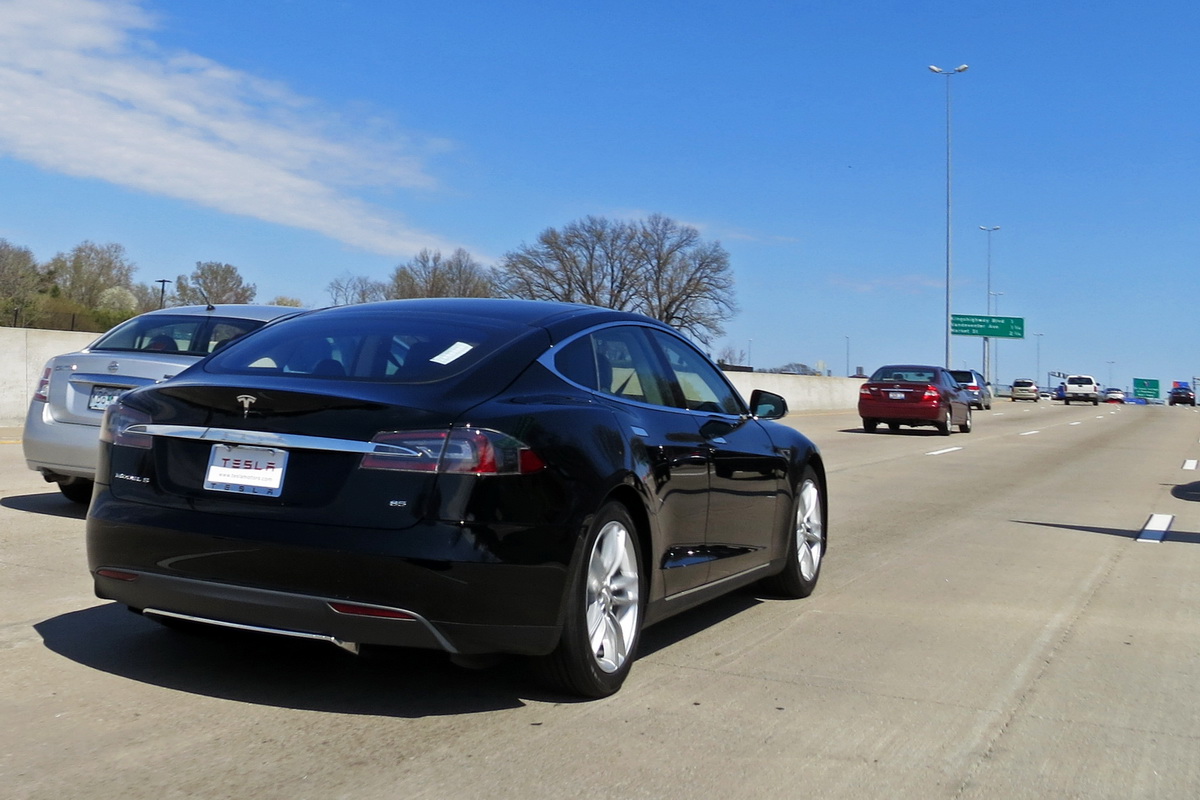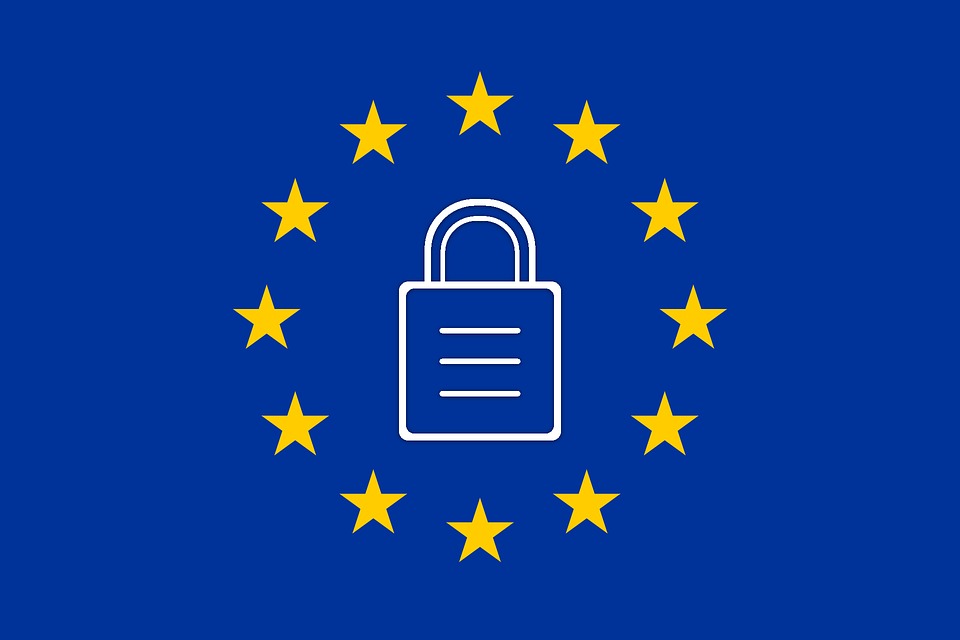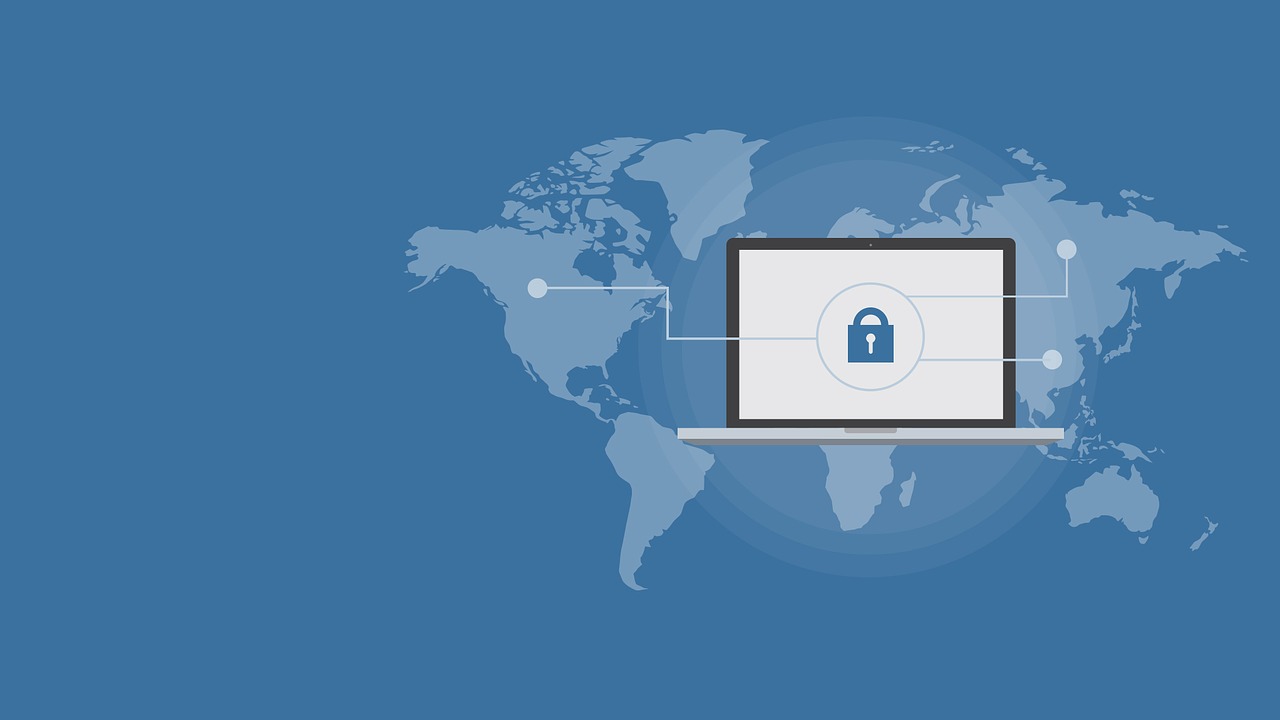POLITHEOR
European Policy Network
Digital Policy and Internet Governance
- Home
- Digital Policy and Internet Governance

The future of traffic: (de)regulation of driverless vehicles1
- Digital Policy and Internet Governance, Op-ed
- 25/07/2016
At the beginning of July 2016, a Tesla vehicle that has a built-in Autopilot system crashed with a tractor trailer on a Florida highway, killing the driver. Neither the driver (who allegedly was watching Harry Potter while letting the Autopilot do the driving), neither the Tesla hit the brakes when the trailer appeared in front of the Tesla. Pending investigation by the National Highway Transportation Safety Administration (NHTSA), Tesla CEO Elon Musk said that the radar of the vehicle “tunes out what looks like an overhead road sign to avoid false braking events.” Just days following that incident, another driver was reported to escape a fatal incident thanks in part to the Autopilot.
READ MORE
EU-US data transfers: Why Safe Harbour 2.0 may just be an empty shell1
- Digital Policy and Internet Governance, Op-ed
- 12/02/2016
The European Commission and the US have just come to a deal to replace Safe Harbour, which ensured a blanket allowance for EU-US data transfers before its invalidation by the European Court of Justice (ECJ). The newly-baptised Privacy Shield is supposed to set a framework for transatlantic data flows ensuring compliance with the EU Data Protection Directive. However, except for a fancy new name and a couple of nice declarations of intention, there is – at this time – no sign that it will offer better guarantees regarding EU citizens’ rights to privacy and data protection.
READ MORE

EU-PNR directive: Overlooking EU fundamental rights will not make Europe safer2
- Digital Policy and Internet Governance, Op-ed
- 09/01/2016
On 2 December 2015, the European Parliament’s Civil Liberties (LIBE) Committee endorsed a directive on “the use of passenger name record (PNR) data for the prevention, detection, investigation and prosecution of terrorist offences and serious crime” (EU-PNR). It seems, therefore, that the long journey of the EU-PNR directive – initially proposed in 2011 – is coming to its end, as the European Parliament (EP) is expected to hold a final vote in February 2016. However, this directive still seems strongly contestable – and contested – on the grounds that it jeopardizes EU citizens’ fundamental rights to privacy and data protection (Art. 7 and 8), while its effectiveness in fighting terrorism remains unclear
READ MORE
What does the internet mean?1
- Digital Policy and Internet Governance, Op-ed
- 19/12/2015
The United Nations’ (UN) 2030 Agenda for Sustainable Development declares seeking “to bridge the digital divide”, including as its 9th goal the aim to “[…] significantly increase access to information and communications technology and strive to provide universal and affordable access to the Internet in least developed countries by 2020”. The op-ed is focused on one particular aspect of the current debate on Net Neutrality, namely zero-rating, and its implications for internet users around the world.
READ MORE
The hidden power of open government data in the EU0
- Digital Policy and Internet Governance, Op-ed
- 17/12/2015
We increasingly hear about data revolution, open governments or digital strategies, but how do they exactly impact our relationships with the government and government agencies? Here is how open government data relates to Sustainable development goals and how it can help improve the transparency, inclusiveness and accountability of the decision-making process.
READ MORE






